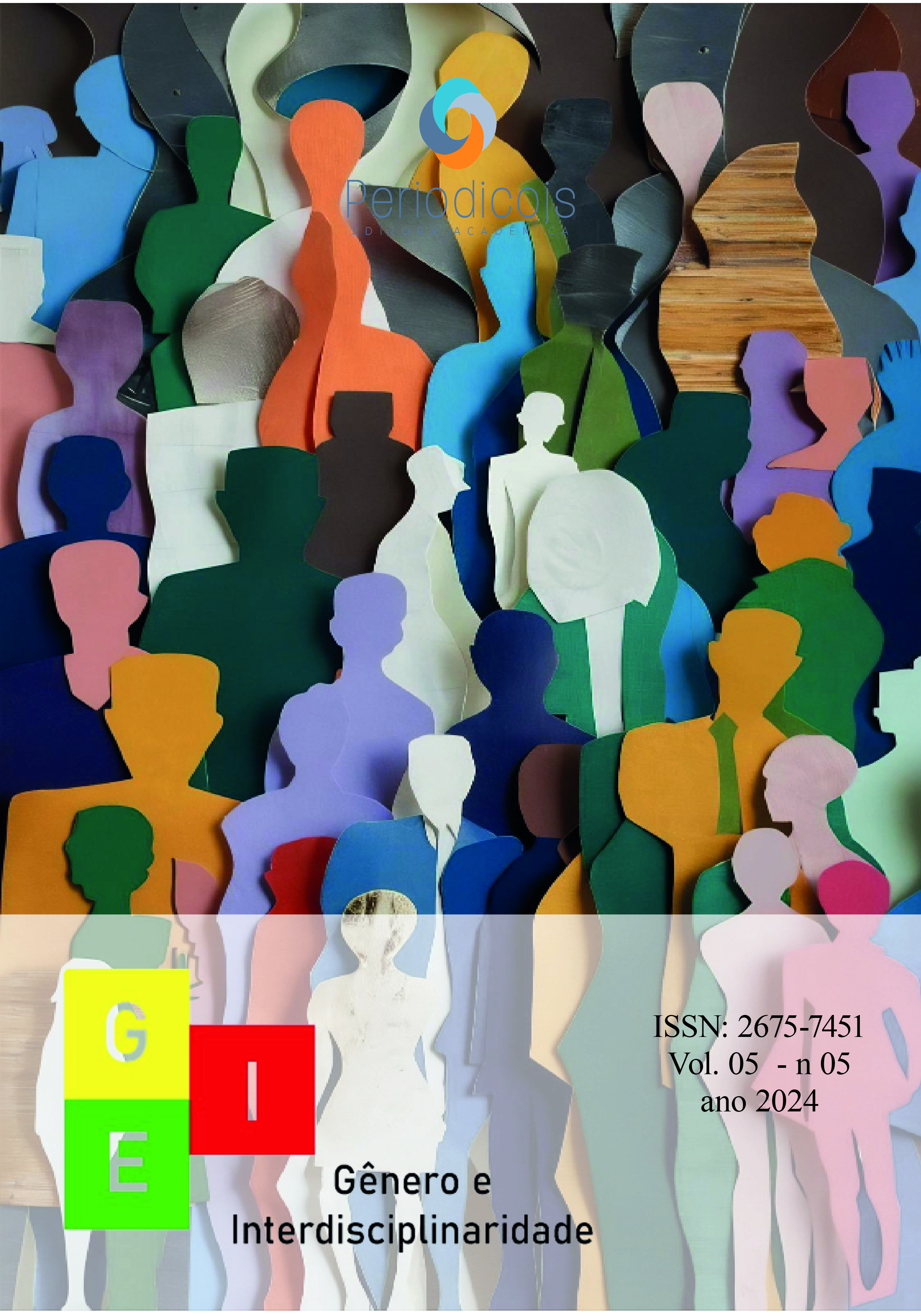Abstract
Play is an essential form of communication and learning for children, allowing them to reproduce their daily lives, develop reflection, autonomy and creativity. Through play, children face fears and insecurities, interact socially and build knowledge in a playful way. This study highlights the importance of playing in child development, showing that playful activities are fundamental to both mental and body development. In addition, play helps in socialization, respect for rules and development of imagination. Early childhood education should incorporate the playful as an integral part of the teaching process, promoting significant and pleasurable learning.
References
BRASIL. MINISTÉRIO DA EDUCAÇÃO E DO DESPORTO. SECRETARIA DE EDUCAÇÃO FUNDAMENTAL. Referencial curricular nacional para a educação infantil: formação pessoal e social. Brasília: MEC/SEF, v.01 e 02.1998. 85p.
BRASIL. Programa de Formação Inicial para Professores em Exercício na Educação Infantil – PROINFANTIL- (Org.) Karina Rizek Lopes, Roseane Pereira Mendes, Vitória Líbia Barreto de Faria. Brasília/MEC/SEB/SEED,v.02, unidade 3, 2005. 68p.
CARVALHO, A.M.C. et al. (Org.). Brincadeira e cultura:viajando pelo Brasil que brinca.São Paulo: Casa do Psicólogo, 1992.
KISHIMOTO, Tizuco Morchida. Jogo, Brinquedo, Brincadeira e a Educação. São Paulo: Cortez, 2002.
OLIVEIRA, Marta Kohl de. Vygotsky: aprendizado e desenvolvimento um processo sócio-histórico. 4. ed. São Paulo: Scipione, 1997.
VYGOTSKY, L.S. A Formação Social da Mente. 6ª ed. São Paulo, SP. Martins Fontes Editora LTDA, 1998.
VYGOTSKY, L.S; LURIA, A.R. & LEONTIEV, A.N. Linguagem, desenvolvimento e aprendizagem. São Paulo: Ícone: Editora da Universidade de São Paulo, 1998.
ZANLUCHI, Fernando Barroco. O brincar e o criar: as relações entre atividade lúdica, desenvolvimento da criatividade e Educação. Londrina: O autor, 2005.





